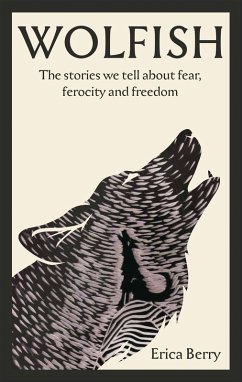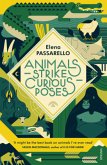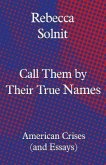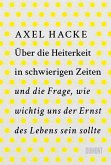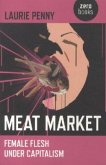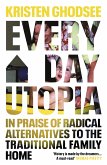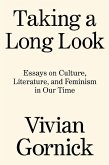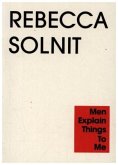A FINANCIAL TIMES NON-FICTION BOOK TO READ IN 2023
A MOST ANTICIPATED BOOK OF 2023 for VULTURE, LIT HUB, GOODREADS, RUMPUS, BUSTLE, READER'S DIGEST and more
Wolves abound through cultural folklore and through literature - vilified and venerated in equal measure. In Wolfish, Erica Berry examines these depictions, alongside her own research of the wolf for nearly a decade, to get to the heart of what our stories about the wolf reveal about our relationships with one another and ourselves: 'What does it mean to want to embody the same creature from which you are supposed to be running?'
The wolf is so often depicted as the male predator, preying on the vulnerable girl/woman who strays from the path; the she-wolf meanwhile depicts women who sit outside the accepted boundaries of feminine behaviour. Berry openly recounts her own uncomfortable and sometimes frightening experiences as a woman to try to understand how we navigate our fears when threat can seem constant.
Through it all, Berry finds new expressions for courage and survival: how to be a brave human and animal member of our fragile, often dangerous world.
A MOST ANTICIPATED BOOK OF 2023 for VULTURE, LIT HUB, GOODREADS, RUMPUS, BUSTLE, READER'S DIGEST and more
Wolves abound through cultural folklore and through literature - vilified and venerated in equal measure. In Wolfish, Erica Berry examines these depictions, alongside her own research of the wolf for nearly a decade, to get to the heart of what our stories about the wolf reveal about our relationships with one another and ourselves: 'What does it mean to want to embody the same creature from which you are supposed to be running?'
The wolf is so often depicted as the male predator, preying on the vulnerable girl/woman who strays from the path; the she-wolf meanwhile depicts women who sit outside the accepted boundaries of feminine behaviour. Berry openly recounts her own uncomfortable and sometimes frightening experiences as a woman to try to understand how we navigate our fears when threat can seem constant.
Through it all, Berry finds new expressions for courage and survival: how to be a brave human and animal member of our fragile, often dangerous world.
Berry draws on a huge, rich depository of lupine literature. Wolfish is more than just an interesting exercise in cultural anthropology, though. The book's most obvious ancestor is Helen Macdonald's megahit of 2014, H Is for Hawk; it has that same intellectual range and a prose style that pushes [. . .] towards the poetic Sunday Times

